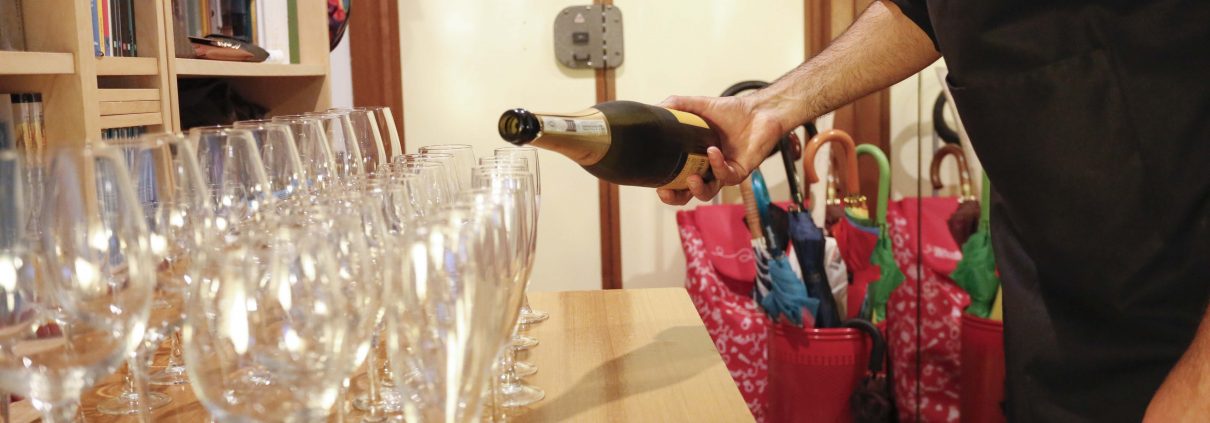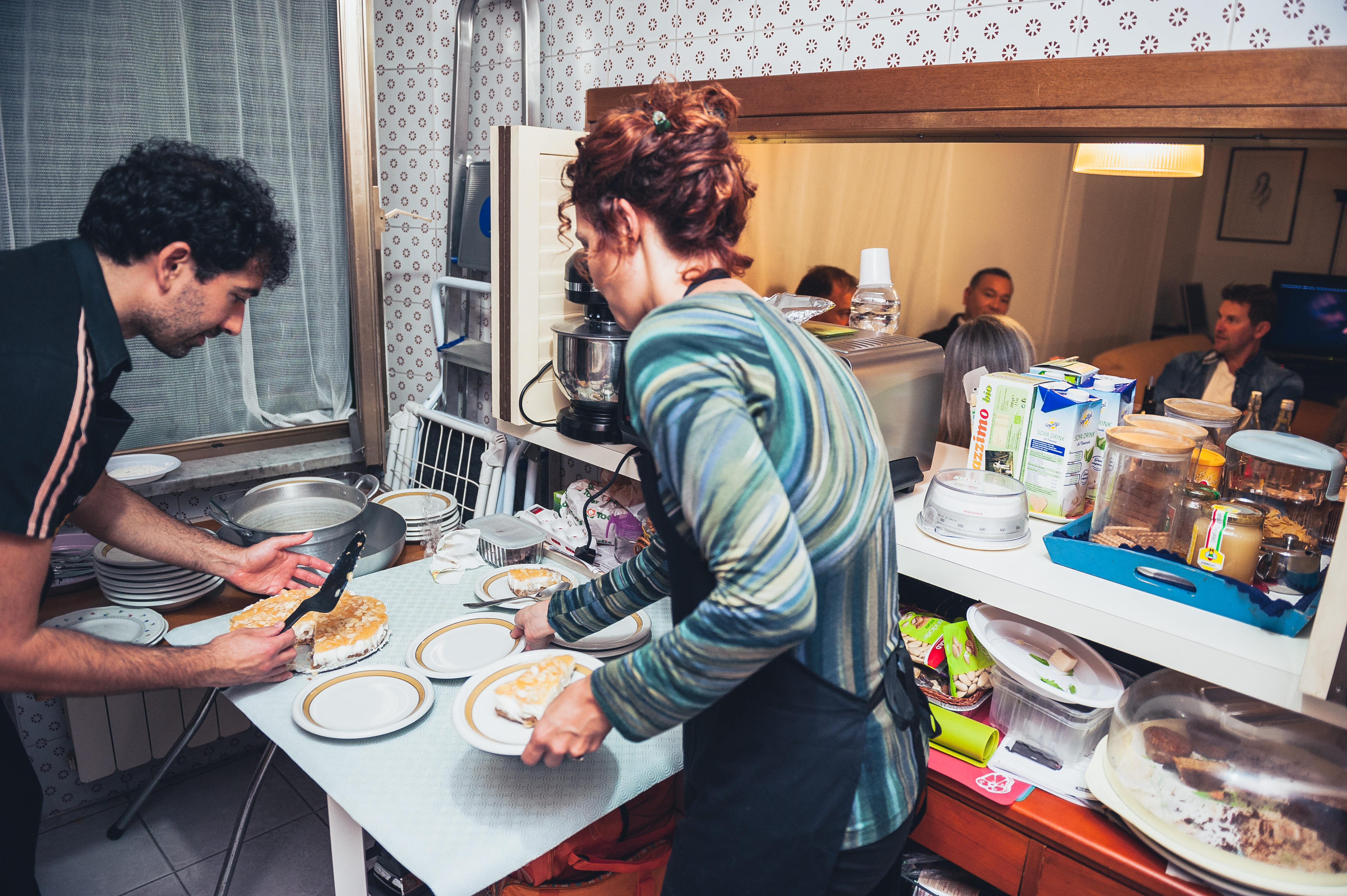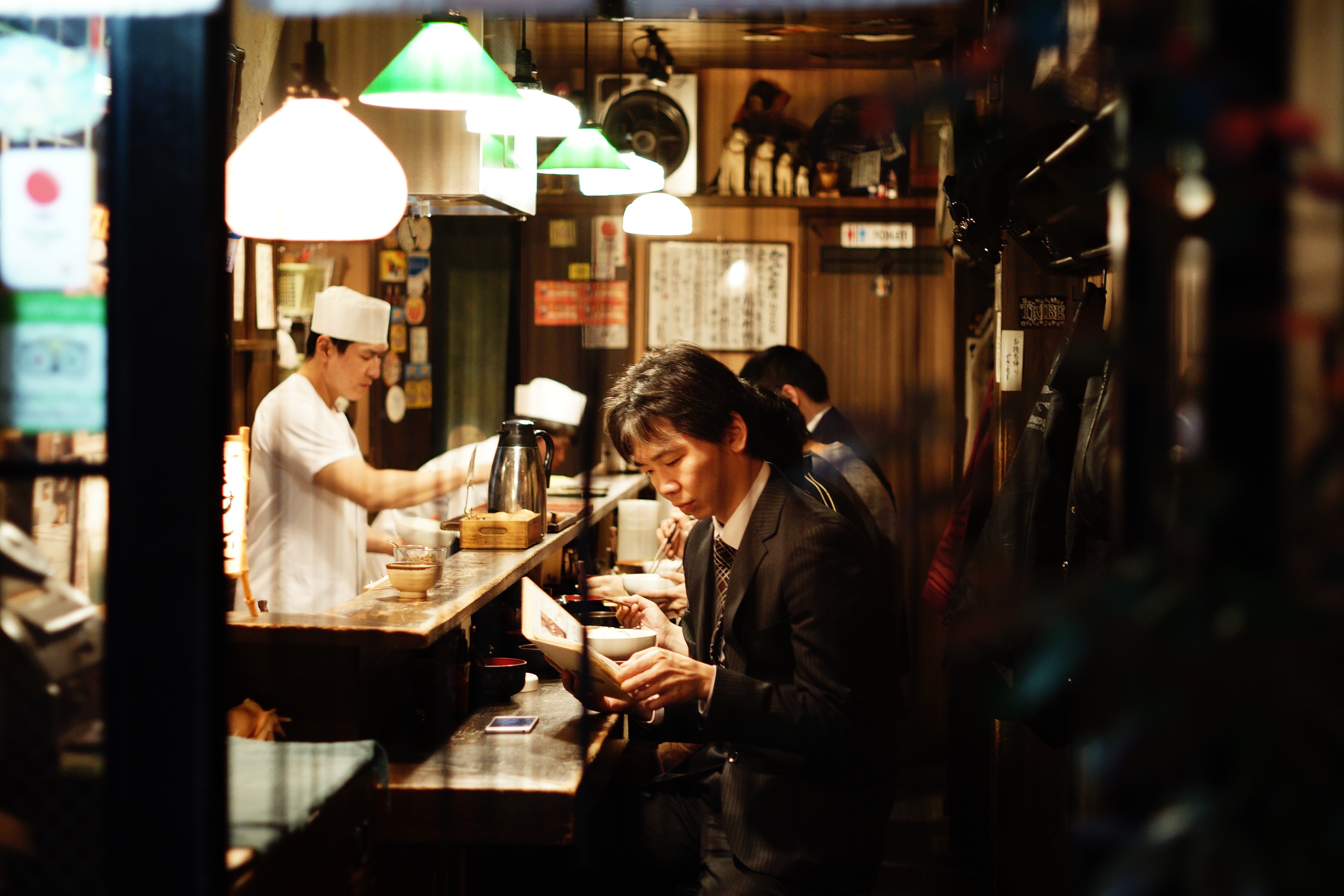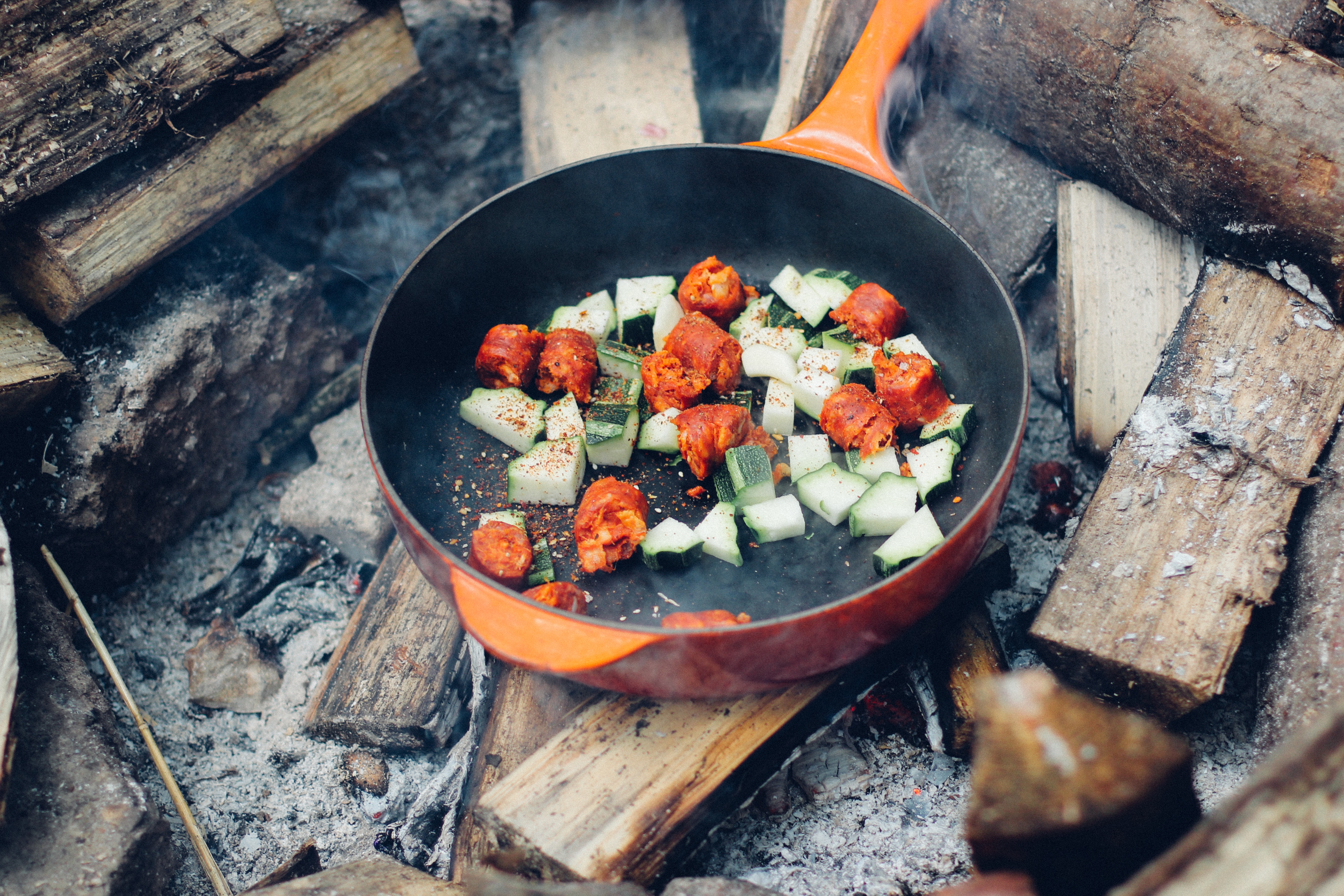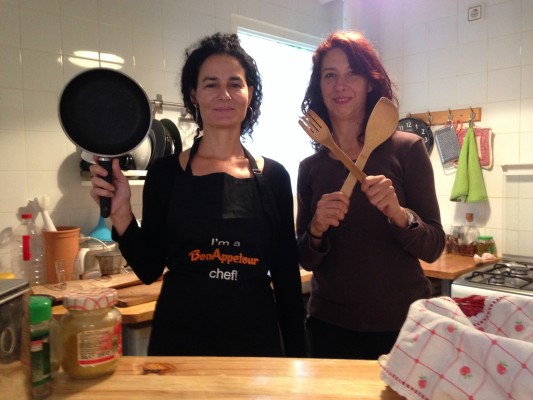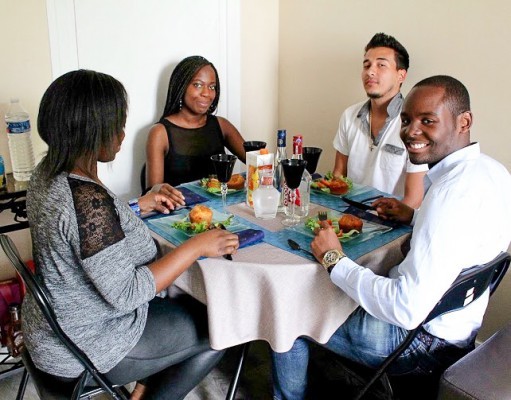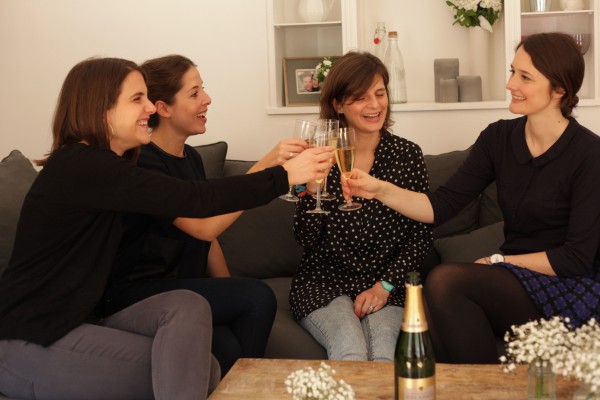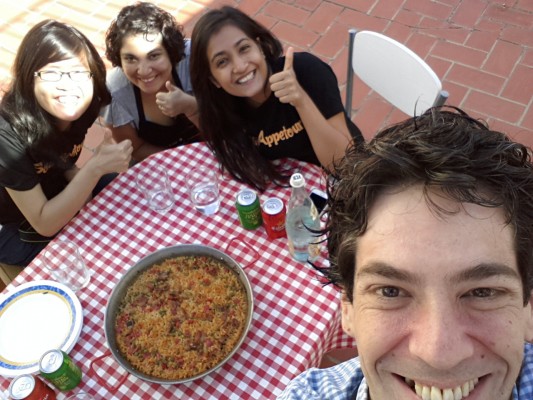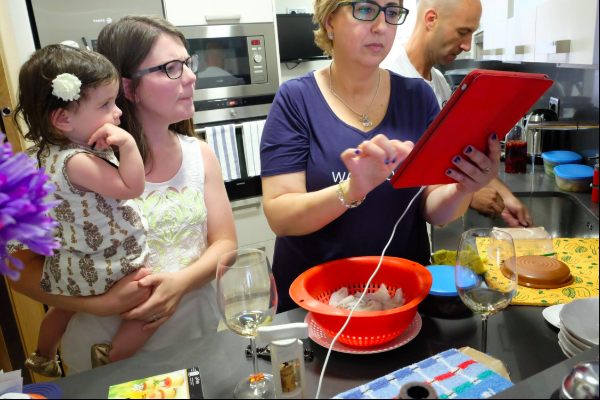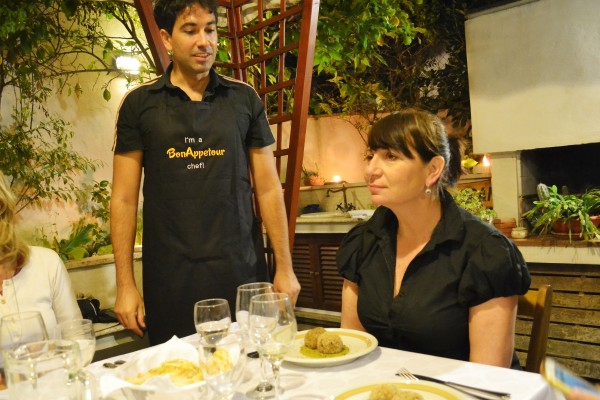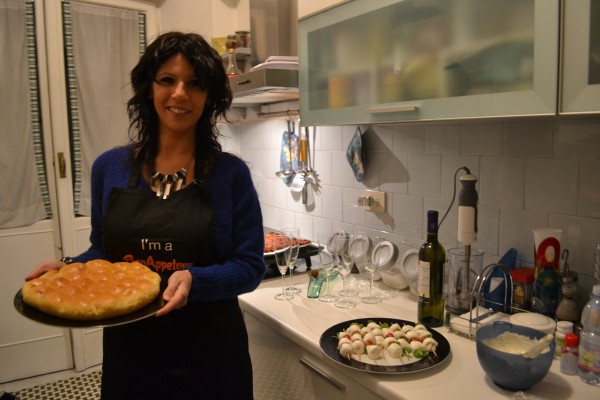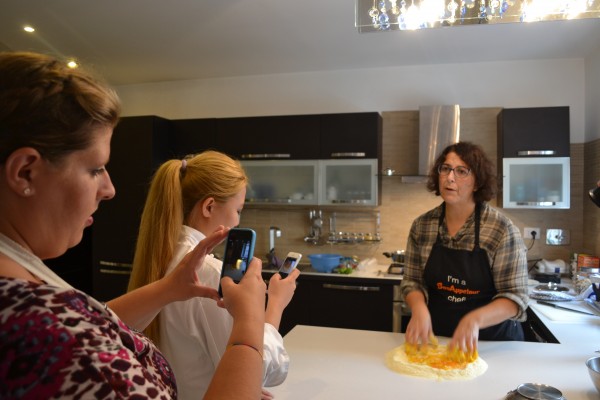If you’ve watched enough TV shows, you’ll know that solitary confinement is one of the worst punishments a prison can dole out to its wayward captives. They were invented with the purpose of rehabilitating and disciplining prisoners who had stepped out of line.
23 hours a day spent staring at four walls, though, proved to be too much for inmates – or any human being, for that matter. Research conducted in 1951 studying the effects of such isolation nearly drove its subjects mad. Not one of the students, who stayed in “small chambers equipped with only a bed for an experiment on sensory deprivation,” could last more than seven days.
The initial plan had been to observe them for six weeks.

Why can’t we stand isolation? Simply put, humans are social beings who are hardwired to be that way. The neocortex in our brains – which facilitates many social functions – is far larger than any other animal on this planet. We need to interact with others.
Understandably, it can be hard to reach out to and make friends with the locals while travelling. Where do you even begin? Simply walking up to locals at random won’t work, because they would likely be suspicious of your intentions.

Thanks to the sharing economy, it is a lot easier to interact with locals without seeming shady.
Hop into an Uber, and you’ll get the undivided attention of your driver for the duration of your journey. Rent a room via Airbnb, and voila! you’ll have instant housemates. Book a dinner through BonAppetour, and you can have a taste of authentic local cuisine while making fast friends over a meal.
The tradition of eating together

Dining is inherently a social activity. In fact, the dinner table is traditionally known as a place of community. This is why the age-old tradition of family dining still exists today. It is a safe space where people let their guards down, recounting the day’s events and swapping old and new stories, and connecting with each other.
In her book Eating Together, Alice Julier says that “dining together can radically shift people’s perspectives: It reduces people’s perceptions of inequality, and diners tend to view those of different races, genders, and socioeconomic backgrounds as more equal than they would in other social scenarios.”
[irp posts=”39″ name=”Foodie Guide: 5 Unique Dining Experiences in Italy”]
In short, the dining experience brings everyone to an equal footing as well. Regardless of whether you’re a lawyer, a teacher, or a driver, the simple act of sharing local foods with the person next to you goes a long way in forging friendships and long-lasting bonds.
As the saying goes: “the family that eats together, stays together.” We can just as well say that “friends that eat together, stay together.” This is why BonAppetour encourages travellers to eat with locals.
Making family and friends over a meal
Take travel blogger Ben, for example. Having moved to Barcelona from the UK in 2009, his experience dining at Chef Teresa’s home restaurant, Ben describes, left him “feeling like a local in a new country.”

As Ben recounts his lunch experience, it almost feels like he’s with family:
We chatted jovially and sneaked pictures of Teresa and her friend Mirella cooking up a storm in the kitchen. She’d grab our attention from time to time to show us the ingredients of the paella and explain how she’d prepared them.
Teresa piled the paella onto our plates and sat down with us to eat, which again made it feel like a family celebration, and we simmered to a low rumble as we sat pulling the heads off the juicy fat prawns and scooping up the rice with chunks of pan con tomate (bread with tomato, garlic and olive oil).
There’s really nothing like home-cooked food that can warm stomach and hearts alike.
[irp posts=”41″ name=”Starting Your Home-Based Restaurant Business: 6 Handy Tips”]
Natalie, an American who fell in love with Rome, had a quieter but equally intimate time in Sandra’s home. A less “rowdy family celebration” and more “best friends bonding” experience:
While chatting about Rome, food, and passions, I was instructed to slice the fennel and chop the spring onions. As Sandra worked the pans, I stood side-by-side in her kitchen, preparing the fresh alici according to her instructions.
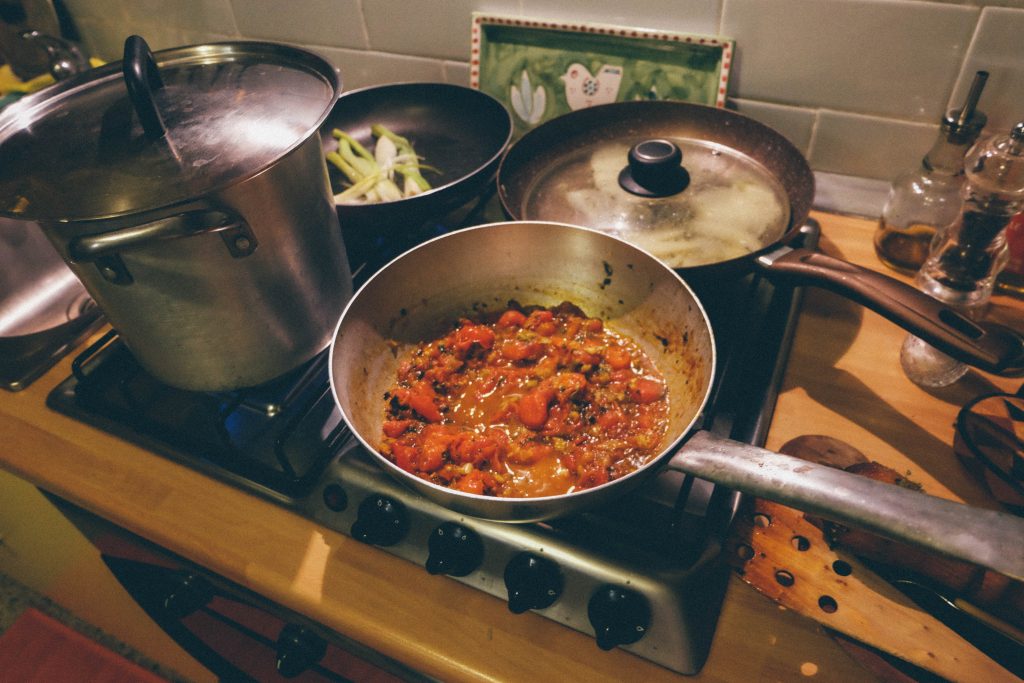
Sounds exactly like what best friends would do on a laid-back Saturday evening.
And at the end of the day, that’s exactly what they were – new friends in a foreign country:
We headed out to her sweet Roman balcony and sat down, and toasted to new friends and good meals […] Being welcomed into Sandra’s home for a three-course feast was such a treat. It was the perfect re-entry into Rome, and I left thrilled to have connected to a new Rome foodie friend.
[su_divider top=”no” divider_color=”#dfdfdf” size=”1″ margin=”35″]
Ready to eat with locals and make friends? Find a home restaurant in the city of your choice here now.









